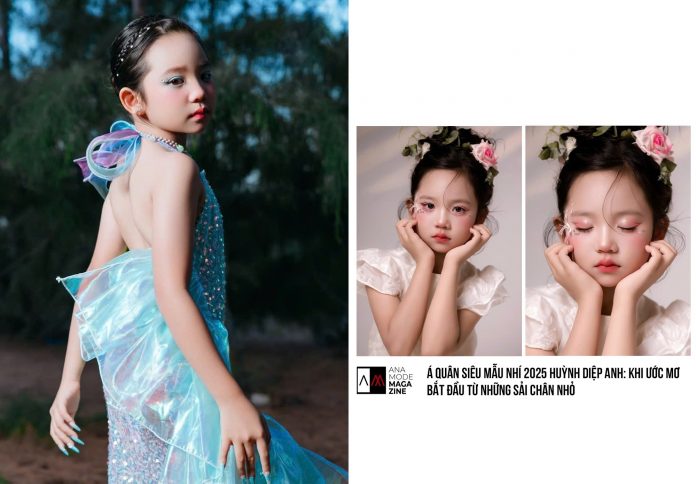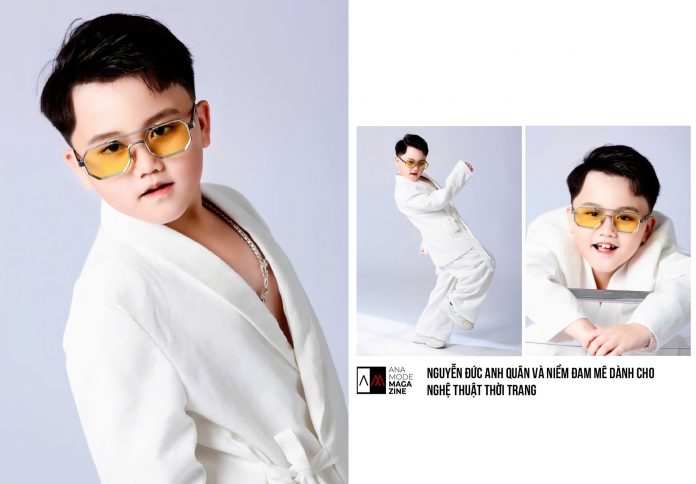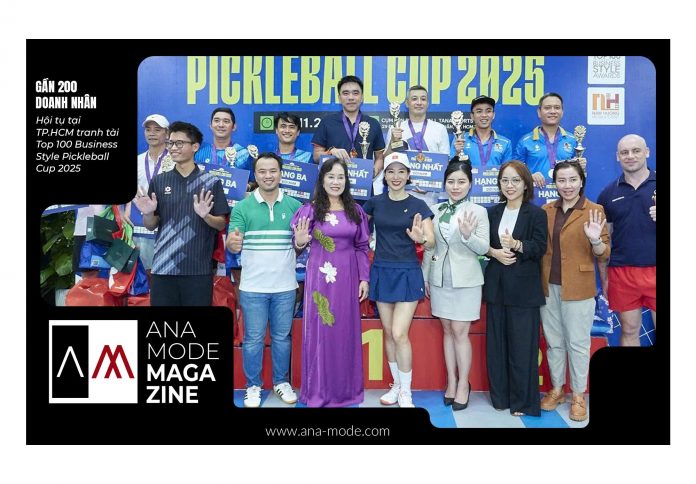The world of competitive ballroom dancing may seem far removed from the Australian wilderness, but for wildlife conservationist Robert Irwin, his performance on Dancing with the Stars (DWTS) is being closely monitored by a Hollywood legend: Russell Crowe. The Oscar-winning actor, a long-time family friend who was close with Robert’s late father, Steve Irwin, has taken on an unlikely role as the young star’s unofficial dance consultant. Robert recently revealed that his evaluations don’t end when the official judges—Bruno Tonioli and Carrie Ann Inaba—lodge their critiques. Instead, after every tango or foxtrot with pro partner Witney Carson, Robert knows a message is coming from Crowe, not just with simple encouragement, but with “in-depth feedback” that delves into the nuanced “lines” and “clarity in the storytelling.” This special connection underscores the enduring loyalty Crowe has shown the Irwin family and provides Robert with a unique, deeply personal source of support as he carries his father’s legacy onto the dance floor.
The Unlikely Role of Dance Consultant
Robert Irwin’s journey on Dancing with the Stars has been marked by a blend of raw enthusiasm, emotional dedication, and steady improvement, which he attributes, in part, to a surprise source of coaching: Russell Crowe. While Crowe’s expertise lies in acting and directing, not competitive ballroom, his critiques are taken with utmost seriousness.
:max_bytes(150000):strip_icc():format(webp)/Robert-Irwin-and-Russell-Crowe-103025-f51ed9c122a44b9d9c4943baf66586d5.jpg)
Robert described Crowe’s feedback as far more than just notes of encouragement. Instead of a simple “this was a really great dance,” the actor will “delve into the detail” of the performance. This includes specific analysis of the technical elements, such as the quality of the “lines” and the “clarity in the storytelling.” For Robert, who is “not a dancer” but is using the platform to spread his message of “positivity and passion,” this focused, constructive criticism is invaluable. Getting such high-level, in-depth artistic feedback from a revered figure like Crowe is “amazing, and it means a lot” to the young conservationist, adding a unique twist to his competitive experience.
A Bond Forged Through Steve Irwin’s Legacy
The profound connection between Russell Crowe and the Irwin family dates back decades, cemented by Crowe’s deep friendship with Robert’s father, the late Steve Irwin. This history elevates Crowe’s feedback beyond that of a mere acquaintance; it is advice steeped in history and loyalty.
Robert, now 21, confirmed that he has known Crowe “for as long as I’ve been alive.” He cherishes his earliest memories, noting that some of his first recollections of his dad were also shared with Crowe. After Steve’s tragic death in 2006, Crowe, a powerful figure in the Australian community, “really took our family under his wing.” Robert’s mother, Terri Irwin, confirmed this, explaining that Crowe helped her with advice regarding her children and provided unwavering support during a tumultuous time. The actor’s willingness to share “so many stories” about Steve also helps Robert “build an even better picture” of the father he lost too young, solidifying Crowe’s place as a cherished, almost familial mentor.
Using Dance to Share a Personal Mission
Robert Irwin has made it clear that his participation in DWTS is not just about winning the Mirrorball Trophy; it is a personal mission to keep his father’s memory and legacy alive in a new, unexpected arena. The dance floor has become a global stage for celebrating the Irwin family’s life and work.
:max_bytes(150000):strip_icc():format(webp)/Russell-Crowe-and-Steve-Irwin-103025-a5dc6183abfe4db2b45dbe67e766bd28.jpg)
Early in the season, Robert and his partner, Witney Carson, wore specialty safari garb to dance the jive to the sounds of howler monkeys, a clear and spirited tribute to the “Crocodile Hunter” spirit. Later, during the highly emotional “Dedication Night,” Robert chose to shift gears entirely. He performed a somber, deeply felt tribute dedicated to his mother, Terri, honoring her enduring strength in the wake of Steve’s untimely death. Robert publicly shared his struggle with losing his dad and his profound gratitude for his mother, who “always made sure my dad was present in our lives.” These performances show Robert’s commitment to translating his family’s personal, heartfelt story into a powerful artistic medium.
The Value of Constructive Criticism
In the high-pressure environment of DWTS, where the public judges every move, having a trusted, external voice that offers genuine constructive criticism is a critical asset. Crowe provides an established perspective that complements the professional advice given by Witney Carson and the show’s judges.
Crowe’s focus on “storytelling” and “clarity” aligns perfectly with the emotional core of Robert’s performances. Unlike a dance judge who focuses solely on technique and footwork, Crowe’s cinematic eye is concerned with whether the dance successfully communicates the desired message or emotion. This type of feedback is essential for Robert, who consciously views his dances as narrative vehicles for his “message of positivity and passion.” The guidance from his family friend ensures that every performance is not just technically sound, but emotionally honest, allowing Robert to connect with the audience on a deeper, more resonant level.










